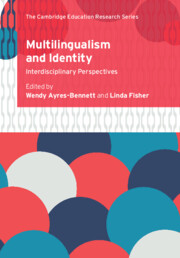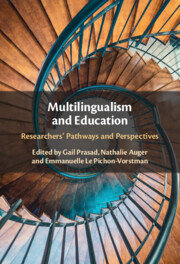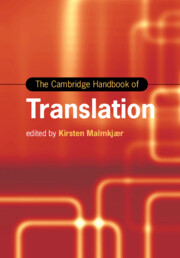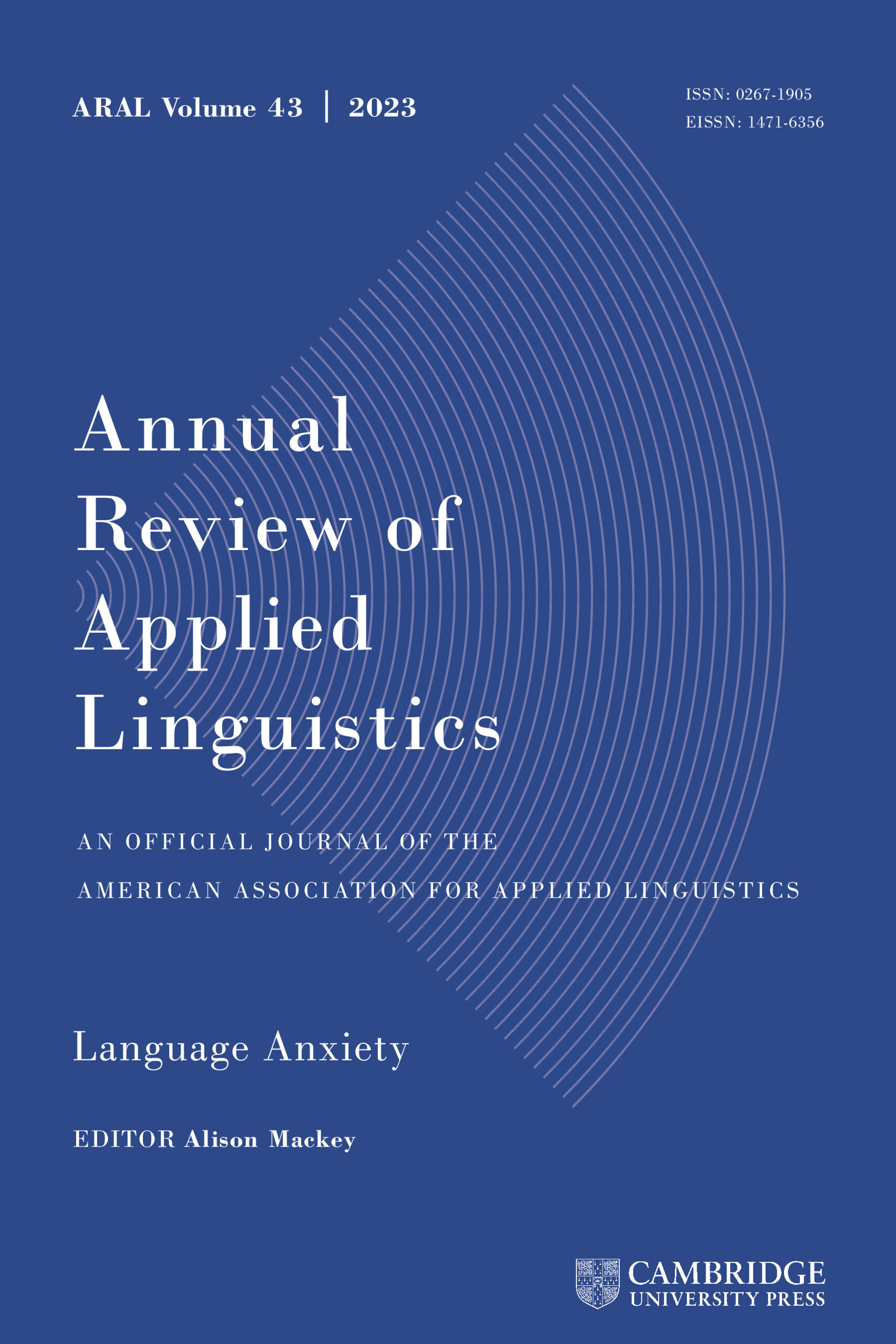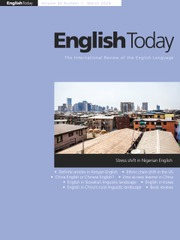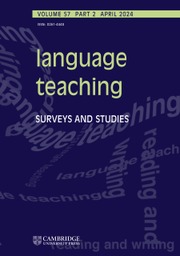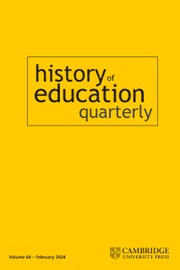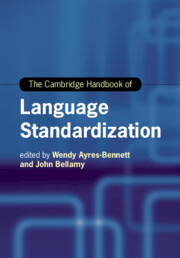Multilingualism and Identity
The analysis and understanding of multilingualism, and its relationship to identity in the face of globalization, migration and the increasing dominance of English as a lingua franca, makes it a complex and challenging problem that requires insights from a range of disciplines. With reference to a variety of languages and contexts, this book offers fascinating insights into multilingual identity from a team of world-renowned scholars, working from a range of different theoretical and methodological perspectives. Three overarching themes are explored – situatedness, identity practices, and investment – and detailed case studies from different linguistic and cultural contexts are included throughout. The chapter authors' consideration of 'multilingualism-as-resource' challenges the conception of 'multilingualism-as-problem', which has dogged so much political thinking in late modernity. The studies offer a critical lens on the types of linguistic repertoire that are celebrated and valued, and introduce the policy implications of their findings for education and wider social issues.
- Addresses multilingual identity from a number of different disciplinary perspectives and considers the extent to which they are compatible
- Explores key themes for researching multilingual identity: situated multilingualism and identity, multilingual identity practices, and multilingual identity and investment
- Includes a range of case studies from different languages and parts of the world
Reviews & endorsements
'… a very valuable volume, shedding light on both multilingualism and identity from a range of perspectives and suggesting paradigm shifts while showing how to achieve those working interdisciplinarily (and multilingually).' Victoria Beatrix Fendel, Linguist
Product details
July 2022Adobe eBook Reader
9781108803793
0 pages
This ISBN is for an eBook version which is distributed on our behalf by a third party.
Table of Contents
- 1. Towards interdisciplinarity in multilingual identity research: Differing perspectives and common ground Wendy Ayres-Bennett and Linda Fisher
- Part I. Situated Multilingualism and Identity:
- 2. 'Every line is a lie': The geographical and cognitive mapping of multilingualism and identity John E. Joseph
- 3. Beyond 'narrating the nation': Cultural producers and multilingualism in wartime Ukraine Rory Finnin and Ivan Kozachenko
- 4. Metrolingual practices and distributed identities: People, places, things and languages Alastair Pennycook and Emi Otsuji
- 5. Migrants' identities in multilingual cities: Plurilingualism as transformative social asset Cécile Sabatier Bullock
- 6. Indexicalities in the multilingual city: Listeners' perceptions of urban vernacular French Janice Carruthers and Daniel McAuley
- 7. Multilingualism and identity in Ningbo, China: A case study Hui Zhao
- Part II. Multilingual Identity Practices:
- 8. Decolonizing languages in rural settings: Towards equatorial epistemologies Alison Phipps
- 9. Seeking methodological rigour in language and identity research: Applying a version of positioning theory to a research interview excerpt David Block
- 10. Translation, identity and translanguaging: Perspectives from a global literacy initiative Liam Doherty, Bonny Norton and Espen Stranger-Johannessen
- 11. The complexity of identities: Insights from EMI educators' multilingual identities Sarah Mercer and Kyle Read Talbot
- 12. Narrating heterogeneous identities in multilingual communities Sabina Perrino and Stanton Wortham
- Part III. Multilingual Identity And Investment:
- 13. Multilingualism(s), globalization, and identity: Learning 'Chinese' as an additional language Patricia A. Duff
- 14. Who are the multilinguals?: Pupils' definitions, self-perceptions and the public debate Asta Haukas
- 15. Multilingual identity construction through participative reflective practice in the languages classroom Angela Gayton and Linda Fisher
- 16. Young children's language attitudes with implications for identity in a US dual-language immersion classroom Alison L. Bailey
- 17. Language, identity and empowerment in endangered language contexts: Māori and guernesiais Julia Sallabank and Jeanette King
- 18. Afterword: The complementarity of multilingualist and 4T approaches John E. Joseph.

